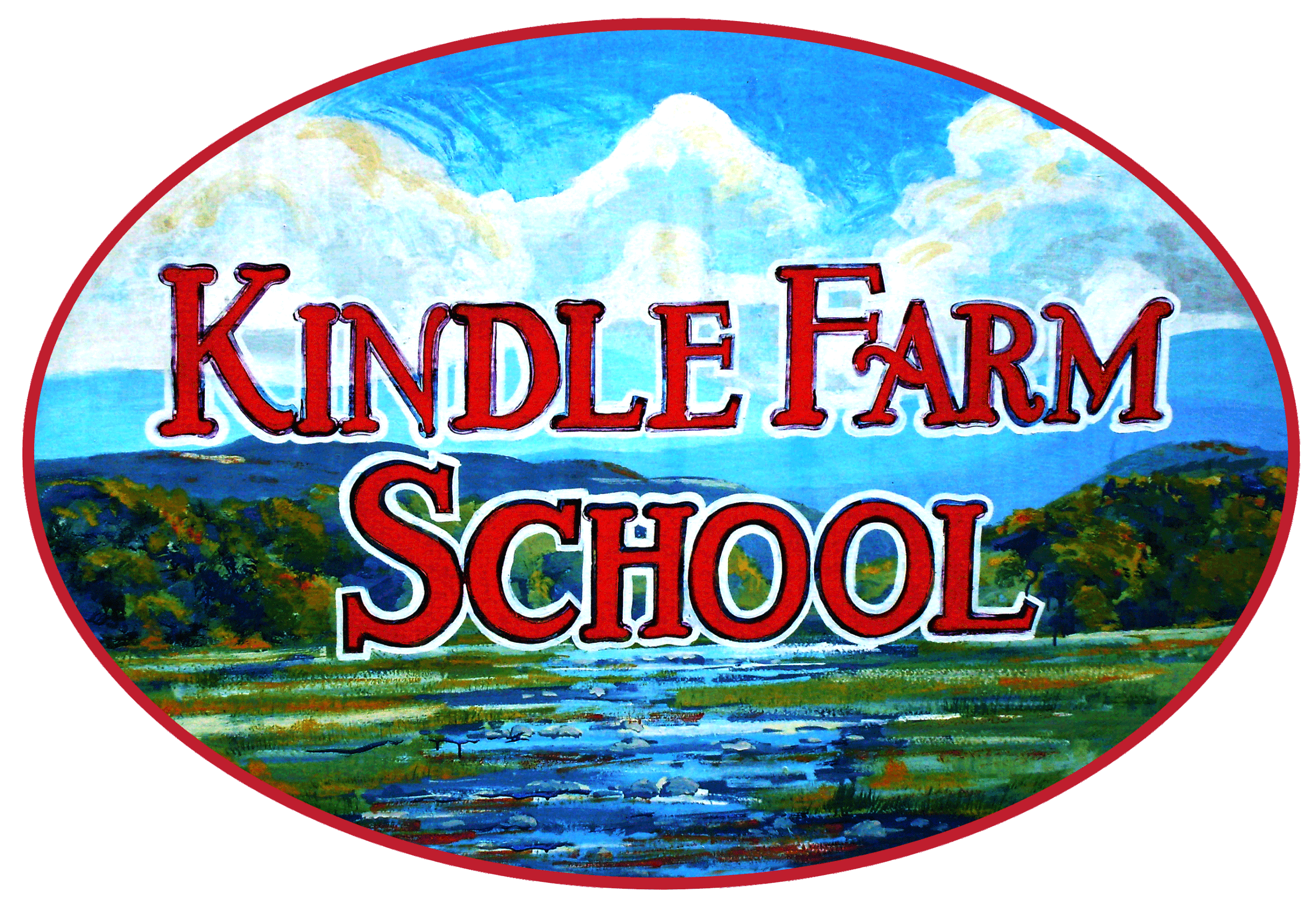STEM Programming at Kindle Farm
As thawing begins and sugaring season is upon us, the Outback program is in the sugarhouse reviewing past Kindle Farm sap production for Math. You would overhear them making arguments with evidence for the transition from a 1 inch diameter mainline to a 2 inch diameter mainline. Over this year students on both campuses have been engaging in hands-on exploration of this year’s theme in science “Local Survival” and in math “Community.”
Outback Program:
Fungi Observations (Outback, Photo Credit: Rachel Heisman)
The beginning of the year involved exploration of our natural communities including local flora and fauna. This involved students observing their environment at macro and micro levels with spiders that occupy the KF property. They traveled to Putney Mountain to examine mushroom species in their own bioblitz. As part of their bioblitz, students learned about local fungi, their anatomy and identified types of mushrooms in the area. Back on campus, Kindle Farmers used evidence from tree species to stone walls to piece together the history and age of the Kindle Farm forest including its’ past uses. This included using inaturalist, an identifying application that allowed them to contribute to the story of Kindle Farm as well as contribute to the scientific community.
In both science and math, students worked with collecting their own data. In math, this looked like building community through a number of challenges such as the cup stacking challenge, while also analyzing the statistics. In the geometry unit, students used our basketball court to learn about standard sizes, concepts such as area and perimeter and measuring circles.
Farmhouse Program
In the farmhouse program, students are beginning March with the annual Mammal March Madness. They are making predictions about who will win the battles based on adaptations and home environments of various species such as a gray wolf vs. badger. Along with students and scientists across the country, students will track their predictions as they research flora and fauna of North America. At the beginning of the year, students explored statistics in math by comparing themselves to the Black Bear while following along with Fat Bear Week. They compared past winners and calculated averages.
Students continued to look at data, specifically climate change data. They used this data to transform graphs into a Climate Change story through watercolor based on Jill Pelto’s work. As the year progressed, students studied the geometry and patterns in Sol Lewitt’s art work as well as created their own piece. In Science, students are currently working on using models of the eye to explore its’ evolution in predators and prey.
KFC Program
Studying circles with Pringles (Outback, Photo Credit: Kevin Brandolini)
On our KFC campus, students are exploring shadows as they return from break. At the beginning of the year they in parallel with the Outback and Farmhouse program engaged in observing and identifying flora in their environment. After they branched into exploring human body systems that resulted in an end of quarter project. In this project, students researched and built a body system and made arguments whether it could function with or without certain parts. Hands on exploration continued with investigations in the properties of light by holding various objects up to a flashing light and observing how the light reacted.
In math, classes worked on representing data in graphs by comparing student heights and creating their own survey questions. They continued to analyze data with a game called “Zombie Outbreak” in which students used data to find where a virus originated, who would likely become infected and common symptoms.
Transitioning to Spring on the Farm
As we transition into the second half of the year and the coming of warmer weather, students will continue to use the campus to engage in S.T.E.A.M. activities (Science, Technology, Engineering, Art, Math) such as KFC’s investigation of insects and their role in our garden. On the farm campus, students will be looking at maple sugaring and climate change data and potential impacts to our sugarbush and Vermont’s industry. With math, students on the farm will engage in financial literacy focusing on money skills and on the KFC campus looking at patterns with the growth of plants.


